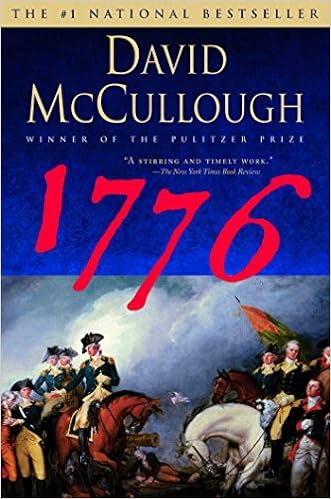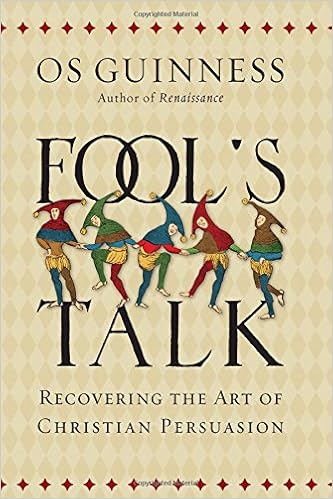I felt in order to make this worth your while I had to find an different way to talk about reading (as it is "let's talk about what I read" can come off a bit egotistical). Thus, I'm going to organize the five books I used to ignore other people during the month of July like a basketball team. I'll link the book if you are interested.
The Point Guard. Experiencing the Trinity: The Grace of God for the People of God by Joe Thorn.
Point Guards start the offense and get the team going in the right direction. This daily
devotional focuses 15 readings on the Father, 20 on the Son, 15 on the Holy Spirit. They are entirely God-centered with titles like "He is listening"; "He is love"; "His Reign"; "He indwells." These daily devotionals got my day going and distributed strength when I needed it the most (in a home with 38 other persons, for instance). Point guards are also small; this book can fit in your back pocket.
Unique because: Thorn encourages the practice of preaching to oneself. Not so much self-improvement but self-talk, which turns out isn't crazy but biblical (see Psalm 116:7; Psalm 42:5). This book forced me to remind myself who God is and who I am in relation to Him. I usually just scorn myself, so this was a more helpful use of my self-directed inner rants.
Best line: Under the chapter "His Hold" describing the Son - "John 10:28 is not a promise of live without wavering or wandering. You can backslide. You have before. But the good work that Jesus began in you will continue. You faith will continue. And these things will go on not because of your commitment but because of Jesus' faithfulness."
The Shooting Guard. Peace Like a River by Leif Enger.
Shooting Guards are require the ball a lot and shoot the ball way too much, but because they are so graceful to watch (like eye candy!) you don't mind that they waste your time. My most enjoyable reading - the kind you do in a hammock or steal away when you should probably be paying attention to your child playing near water- was spent on this N.Y. Times Bestseller.

Unique because: It's the kind of book that you regret is coming to a close with each page turn and wish you could experience again for the first time - like a first rollercoaster, first kiss, or first taste of cotton candy. Written by a Christian man, Enger writes beautifully about life, sin, redemption in a way that is thrilling not preachy, relatable not religious - using riveting characters from 1960s rural America.
Best Line: "I can feel it still, that sizzling jump inside my organs. It didn't feel good, not as I would've suspected the touch of the Lord might feel, but I wouldn't say it felt bad either. It only felt powerful, like truth unhusked."
The Small Forward. 1776 by David McCollough.
Small forwards in basketball play important roles in determining a game with their grit and hustle but they are often enigmatic (see Ron Artest, who legally changed his name to "Metta World Peace."). Such is my home country, the United States of America. Some major changes have taken place in my nation of citizenship that have caused friends and family to question how "we got here." Inspired by a father-son trip to Washington, D.C. with my youngest son, I decided to read a book focused on the events of and leading up to our revolutionary war.

Unique because: It's 'Merica! Author of modern democracy and inventor of fried oreos.
Best line: "And if his youth was obvious, the Glorious Cause was to a large degree a young man's cause. The commander in chief of the army, George Washington, was himself only forty-three. John Hancock, the President of the Continental Congress, was thirty-nine, John Adams, forty, Thomas Jefferson, thirty-two. In such times many were being cast in roles seemingly beyond their experience or capacities."
The Power Forward. Becoming Worldly Saints: Can you serve Jesus and still enjoy your life? by Michael Wittmer.
Power forwards are big and strong - getting a lot done with seemingly little effort. Rebounding, scoring, blocking shots while having fun doing it. Such is this book. I live in the Cayman Islands. Just look at the front cover of the book - I'm pretty sure it was an artist rendering of the beach from which I live just 100 yards. I have those sunglasses! Thus, I live with people who ask (or should be asking!) this very question: Can I serve
Jesus and still enjoy my life?
Unique because: A potent combination of (1) Funny; (2) Weighty with good biblical content (correcting the Christian's common "spiritual = better" worldview); (3) Doesn't require you to give up your job in finance or marketing to follow Jesus (or feel like a 1st class Christian).
Best Line: "Heaven and earth may seem to compete, but when we look deeper we actually find they are complementary. A flourishing human life is the best advertisement for the gospel, and the gospel in turn empowers us to become better people."
The Center. Fool's Talk: Recovering the Art of Christian Persuasion by Os Guinness.

Centers are a team's anchor. They force the other teams to take bad shots and have "their teammates" backs if something goes wrong. And in the NBA they often speak with accents that are very difficult for me to understand. No book was as important for me to read as this one - which gave practical advice from a lifelong persuader like Os Guinness. Guinness has spent his life trying to persuade smart people towards the good news about Jesus and with the good news about Jesus. This is his magnum opus - sharing from decades of experience of how you can help people question their assumptions and see the ultimate futility of how they view the world. Like a Lithuanian Center, Guinness is at times difficult to understand - what I mean is he is brilliant, writing with significant depth - making this a time-consuming, 1 minute per page kind of read.
Unique because: Guinness writes not just why Christianity is most reasonable but suggests strategies as to how you and I can demonstrate just that to a not-yet-Christian in a 1-on-1 relationship.
Best Line: "As Reinhold Niebuhr insisted, there is a limit to what even the power of God can do as power alone, for 'such power does not reach the heart of a rebel.' Power can fence us in, but only sacrificial love can find us out. Power can win when we are ranged against it, but it cannot win us. Such is the hard, tenacious, willful, festering core of sin at the heart of each one of us that only the equally deliberate, tenacious love disguised in the absurd powerlessness, shame, pain, loneliness and desolation of the cross -- all for us-- could reach us and subvert us."
I write this because I hope you will find time to read - and perhaps one of these books might be helpful to you. Now a couple pictures from our summer.










































